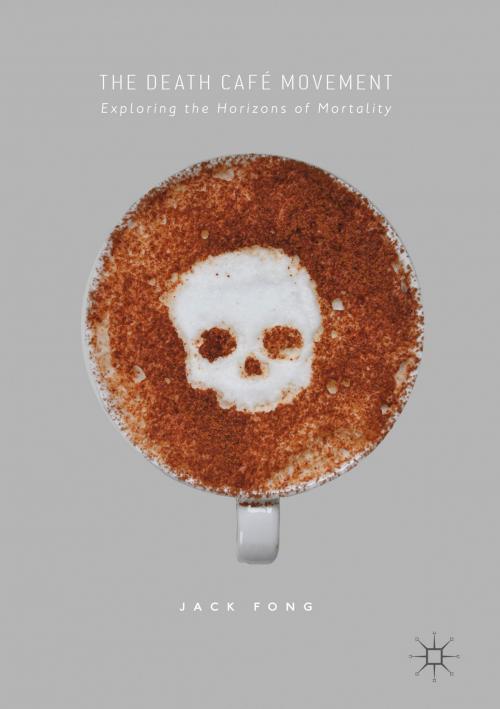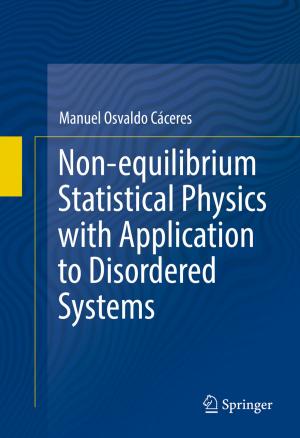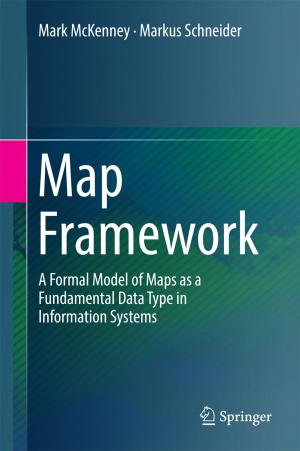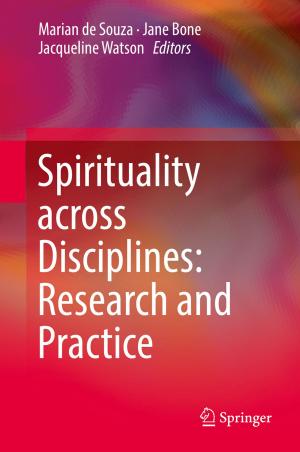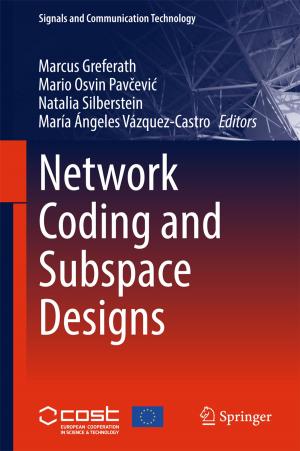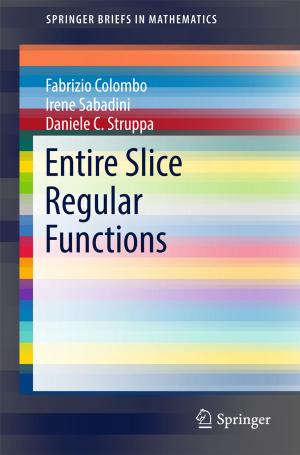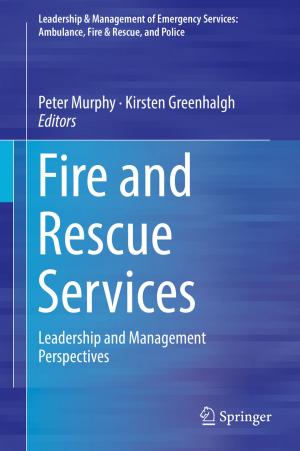The Death Café Movement
Exploring the Horizons of Mortality
Nonfiction, Social & Cultural Studies, Social Science, Sociology, Health & Well Being, Medical| Author: | Jack Fong | ISBN: | 9783319542560 |
| Publisher: | Springer International Publishing | Publication: | July 31, 2017 |
| Imprint: | Palgrave Macmillan | Language: | English |
| Author: | Jack Fong |
| ISBN: | 9783319542560 |
| Publisher: | Springer International Publishing |
| Publication: | July 31, 2017 |
| Imprint: | Palgrave Macmillan |
| Language: | English |
This sociological work examines the phenomenon of the Death Café, a regular gathering of strangers from all walks of life who engage in “death talk” over coffee, tea, and desserts. Using insightful theoretical frameworks, Fong explores the common themes that constitute a “death identity” and reveals how Café attendees are inspired to live in light of death because of death. Fong examines how the participants’ embrace of self-sovereignty and confrontation of mortality revive their awareness of and appreciation for shared humanity. While divisive identity politics continue to foster neo-tribalisms and the construction of myriad “others,” Fong makes visible how those who participate in Death Cafés end up building community while being inspired toward living more fulfilling lives. Through death talk unfettered from systemic control, they end up feeling more agency over their own lived lives as well as being more conscious of the possibility of a good death. According to Fong, participants in this phenomenon offer us a sublime way to confront the facticity of our own demise—by gathering as one.
This sociological work examines the phenomenon of the Death Café, a regular gathering of strangers from all walks of life who engage in “death talk” over coffee, tea, and desserts. Using insightful theoretical frameworks, Fong explores the common themes that constitute a “death identity” and reveals how Café attendees are inspired to live in light of death because of death. Fong examines how the participants’ embrace of self-sovereignty and confrontation of mortality revive their awareness of and appreciation for shared humanity. While divisive identity politics continue to foster neo-tribalisms and the construction of myriad “others,” Fong makes visible how those who participate in Death Cafés end up building community while being inspired toward living more fulfilling lives. Through death talk unfettered from systemic control, they end up feeling more agency over their own lived lives as well as being more conscious of the possibility of a good death. According to Fong, participants in this phenomenon offer us a sublime way to confront the facticity of our own demise—by gathering as one.
